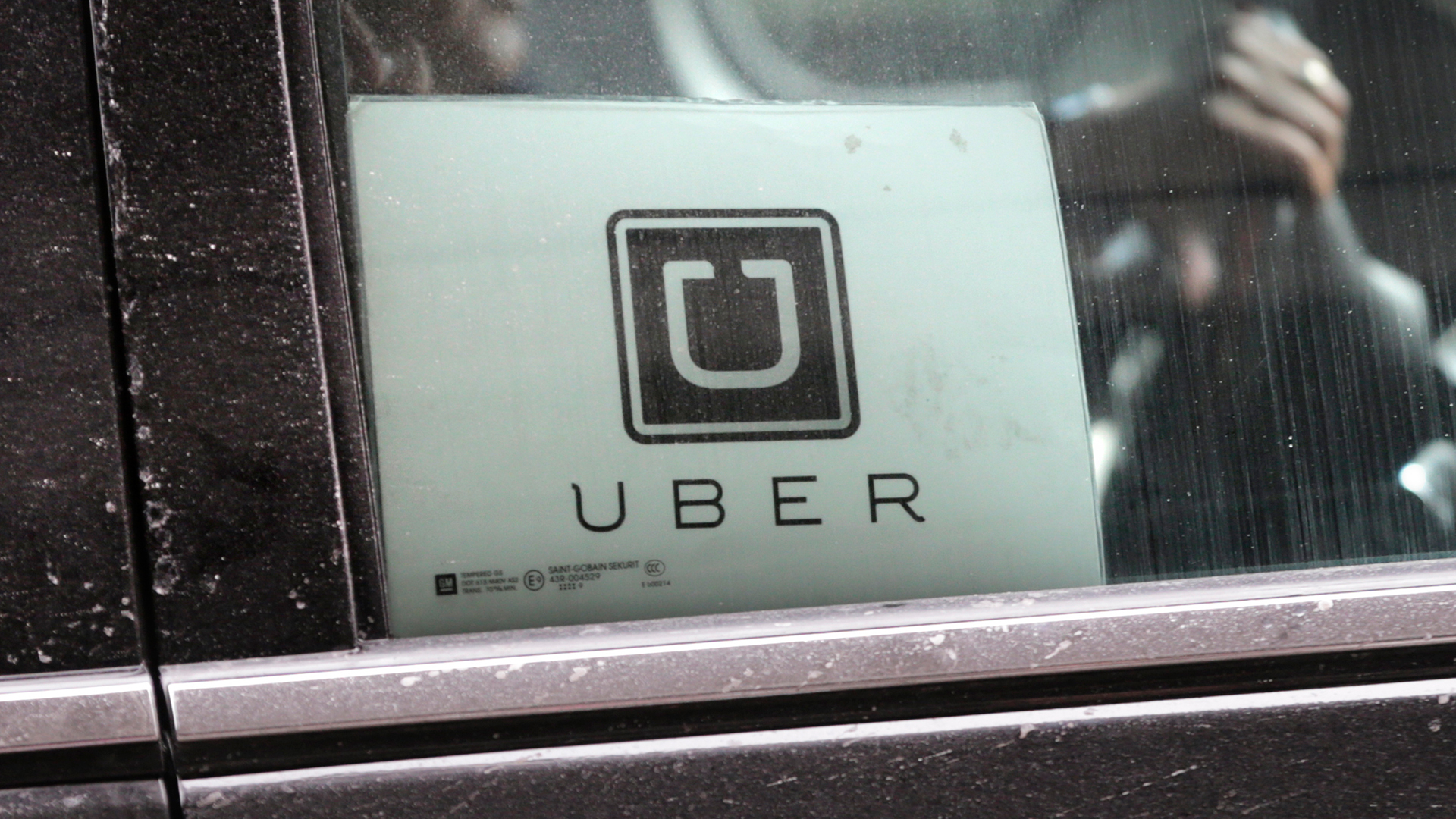

Uber will stay in Quebec after new, stricter driver rules take effect, reports CBC News. The ride-hailing company had threatened to leave the Canadian province after an announcement that drivers would be required to complete 35 hours of training (up from 20) and have background checks.
Instead of pulling out, Uber will reportedly negotiate with the Quebec government over the new rules. Uber has operated in Quebec for the past year under a government-sanctioned pilot program, and that program was just renewed for another year with the stricter rules for driver training.
The Quebec government said it will not compromise on the rules, which call for background checks as well as more driver training. New drivers have eight weeks to complete their background checks, while existing drivers have two years. Background checks have proved to be a problem for Uber in the past. When Massachusetts instituted them earlier this year, more than 8,000 Uber and Lyft drivers failed.
Uber faces increased pressure from government regulators around the world. Its London operator license was not renewed after it expired at the end of last month, in part because of what officials viewed as lax background-check policies. A recent report also indicated that Uber faces five criminal probes in the United States.
Uber can always threaten to leave a market, as it did in Quebec. Particularly in cities with limited public transit, however, ride-hailing apps have quickly grown to become the default way many people get around. That was clearly demonstrated in Austin, Texas, when Uber and Lyft temporarily left the city due to regulations the two companies disagreed with.
Government officials increasingly seem less willing to let ride-hailing services continue to operate immune to restrictions that regulate traditional taxi cabs. As the largest service of its kind, Uber will likely continue to be the main target for regulators looking to end ride sharing’s Wild West era.